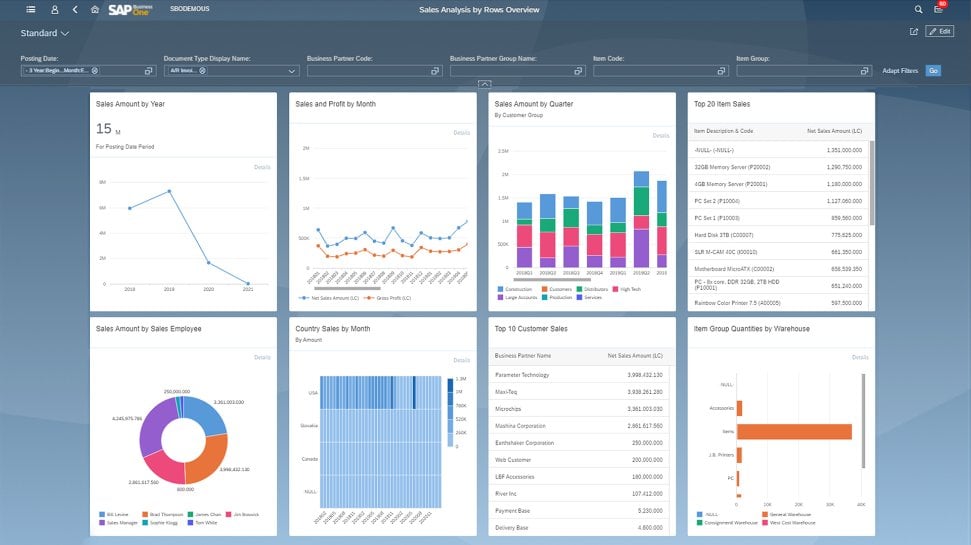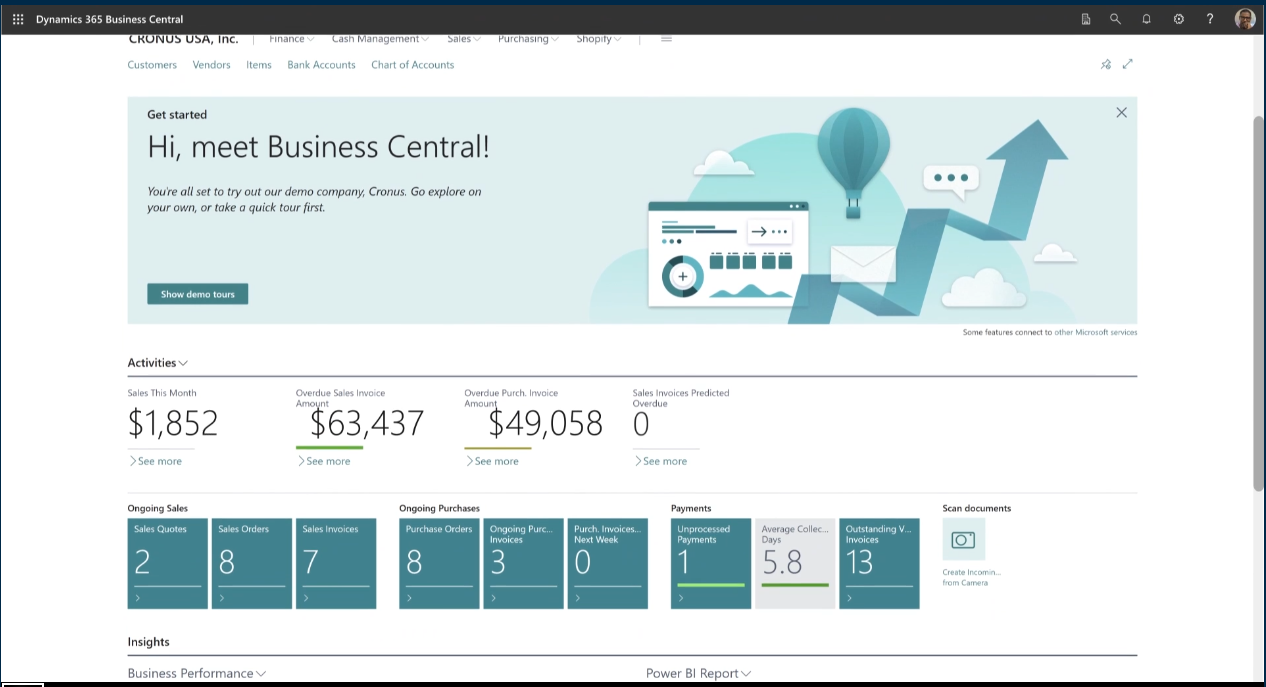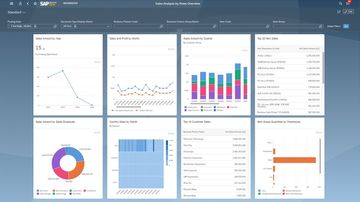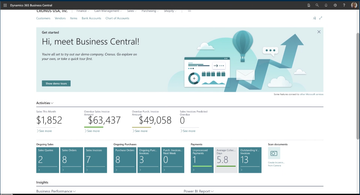Dynamics 365 Business Central vs. SAP Business One


SAP Business One provides comprehensive business management capabilities for small and medium-sized companies. This system provides integrated departmental support for finance, sales, supply chain management, production, project management, and production processes.
This software can be deployed on-premise or on the cloud, and accessed from any mobile device through iOS and Android apps. The SAP API Business Hub allows for a wide range of partner integrations.
-
Price Range
$ $ $ $ $$ $ $ $ $
- Starting Price $410/user/year
- Client OS Windows
-
Price Range
$ $ $ $ $$ $ $ $ $
- Starting Price $70/user/month
- Client OS Web
Our editorial review staff has hands-on experience with both Microsoft Dynamics 365 Business Central and SAP Business One. We’ve used, demoed, and reviewed both these ERP solutions to bring you a detailed comparison.
Microsoft Dynamics 365 Business Central vs SAP Business One: Target Market
Microsoft Dynamics 365 Business Central is ideal for small companies with 10-50 employees and midsize businesses with 50-200. It is a cloud-based solution that fits the manufacturing, retail, healthcare, financial services, nonprofit, and professional services industries.
SAP Business One is meant for small to midsize enterprises seeking a comprehensive ERP solution. It suits businesses aiming to centralize data management and streamline core operations. Companies leaning towards SAP Business One should understand specialized ERP systems.
Features Comparison
Microsoft Dynamics 365 provides finance, human resources, operations, marketing, sales functionalities, and more. It integrates seamlessly with services like Office 365, Power BI, and Azure. Dynamics 365 Business Central’s user-friendly interface and product integrations stand out. It includes audit trails, multi-currency, and multi-language support. It also automates recurring tasks like invoicing and reporting.
SAP Business One provides comprehensive business management capabilities for small and medium-sized companies. This system provides integrated departmental support for finance, sales, supply chain management, production, project management, and production processes. Its notable attributes include centralized data management, efficient customer data retrieval, and many customizable reports.
Ease of Use and Integration
When it comes to user-friendly interfaces and seamless integration with existing products, Microsoft Dynamics 365 Business Central tends to have an edge. It offers a similar interface to MS Word and Outlook, and it lets you create quotes, orders, and invoices in Outlook.
SAP Business One is also highly customizable and supports both SQL Server and SAP HANA database engines. However, setting it up usually requires help from a Value Added Reseller (VAR).
Which is Best for Most Businesses?
For most businesses, especially those within the small to midsize range, Microsoft Dynamics 365 Business Central is the better choice. Its user-friendly interface, integration with Microsoft products, and more affordable pricing structure make it a more accessible and practical choice for many businesses.
However, if your business requires more complex, specialized ERP systems, SAP Business One remains a solid choice with its business management capabilities and high level of customization.
Check our roundup of the best ERP software to find the right software for your business.



